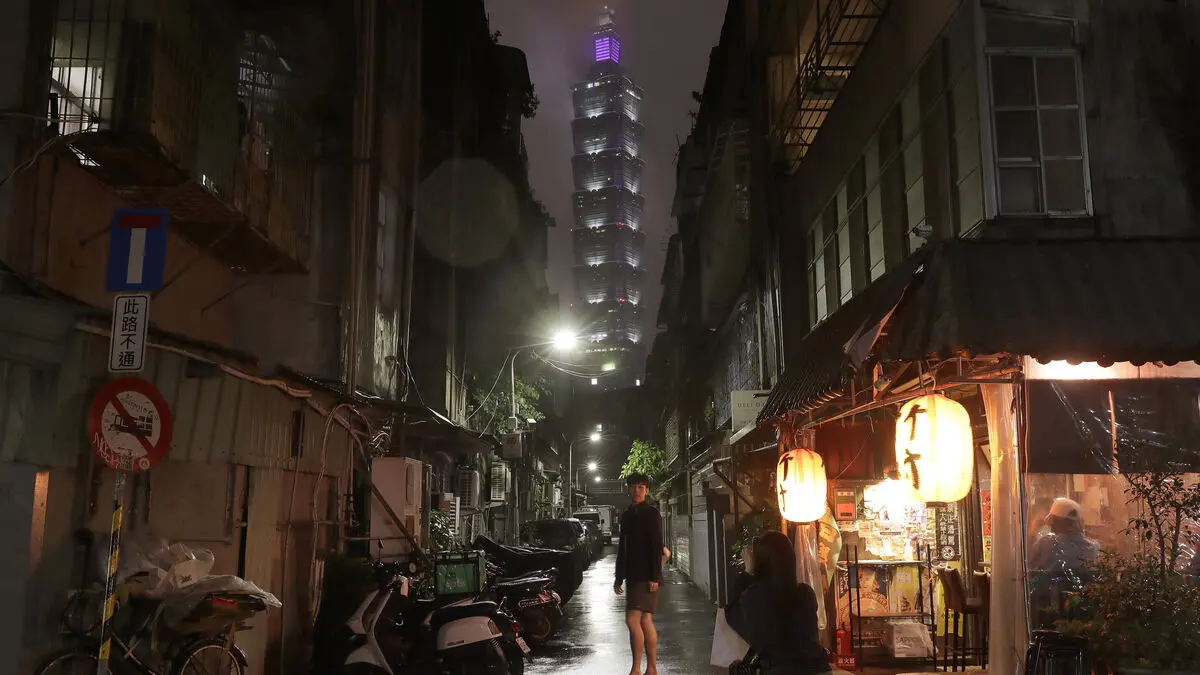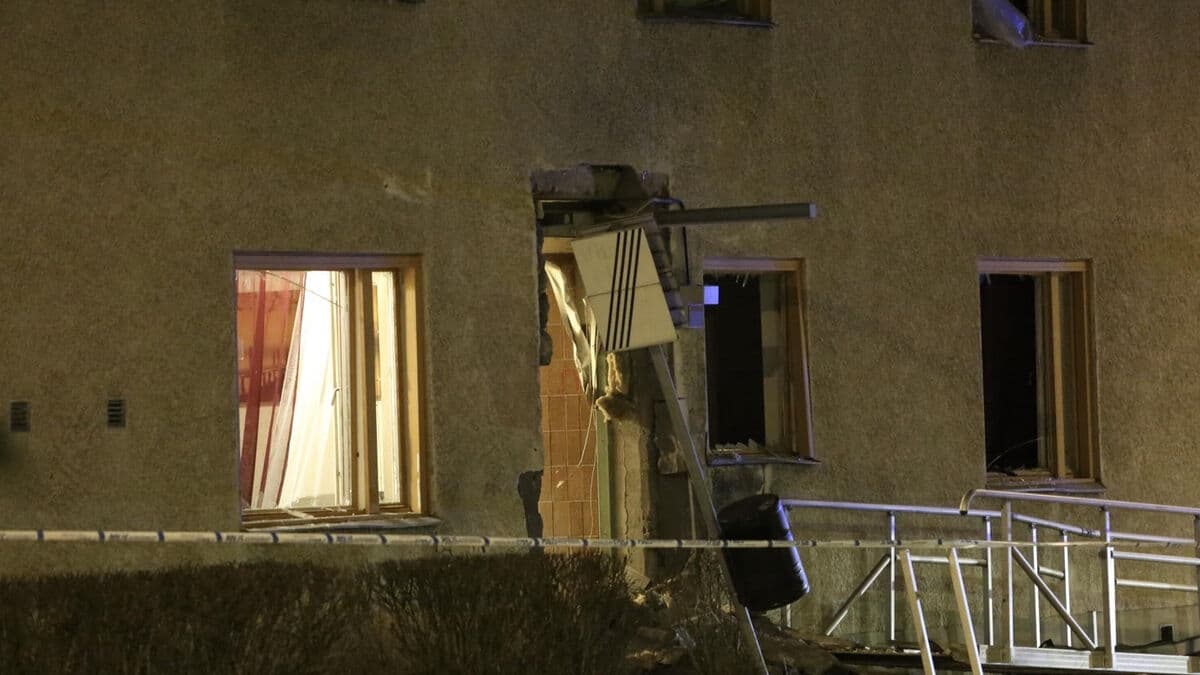It was in early November that Prime Minister Takaichi said that a Chinese attack on Taiwan could pose such a great threat that Japan could be forced to react militarily.
It's about deterrence. Japan wants to reduce the likelihood of China acting against Taiwan. Concerns that China will attack Taiwan have been heightened in recent years, says Björn Jerdén.
He believes that it is an overall geopolitical goal for Japan to keep Taiwan from Chinese influence, a goal shared by the United States - Japan's closest ally with up to 60,000 soldiers stationed on Okinawa, just over 60 miles from Taiwan.
“It is unthinkable that Japan would act on its own”
It is inconceivable that Japan would have acted militarily without the US doing so. But if the US enters a conflict over Taiwan, it is hard to imagine that Japan will remain on the sidelines.
The offensive rhetoric is not well received in Beijing, where demands to conquer Taiwan are being made increasingly loudly.
So the reactions have not been long in coming. Chinese authorities have warned their citizens against traveling to Japan – a severe blow to the island nation's tourism industry, which receives nearly a third of its tourism revenue from Chinese visitors, according to AFP.
In addition, the regime in Beijing has issued a warning to the approximately 100,000 Chinese studying in Japan to keep a close eye on the security situation, and as recently as Monday, Japan sent fighter jets after receiving reports of a suspicious Chinese drone off a Japanese island near Taiwan.
Japan has responded with similar warnings to its citizens in China and the countries have summoned each other's ambassadors.
"The balance of power has not been affected"
However, Jerdén does not believe that there is currently any danger of a military conflict in the region. Despite political differences, the economies of Japan and China are closely intertwined. It is in the interest of all countries not to end up in armed conflict.
At present, I would not say that the security situation has deteriorated or that the balance of power in the region has been affected.
If we look at history, we have still managed to get through turbulent periods of diplomatic disputes, he says.
Taiwan consists of a main island and several smaller islands in the Pacific Ocean, east of the Asian mainland.
The nation operates as an independent and democratic state, but is recognized as such by only a handful of countries. China sees Taiwan as a breakaway region that should be incorporated into China.
China does not accept that other countries have relations with both Beijing and the Taiwanese government in Taipei.
Taiwan's 23 million residents have long lived with the threat of a Chinese invasion, a threat that has intensified during Xi Jinping's time as president of China.






